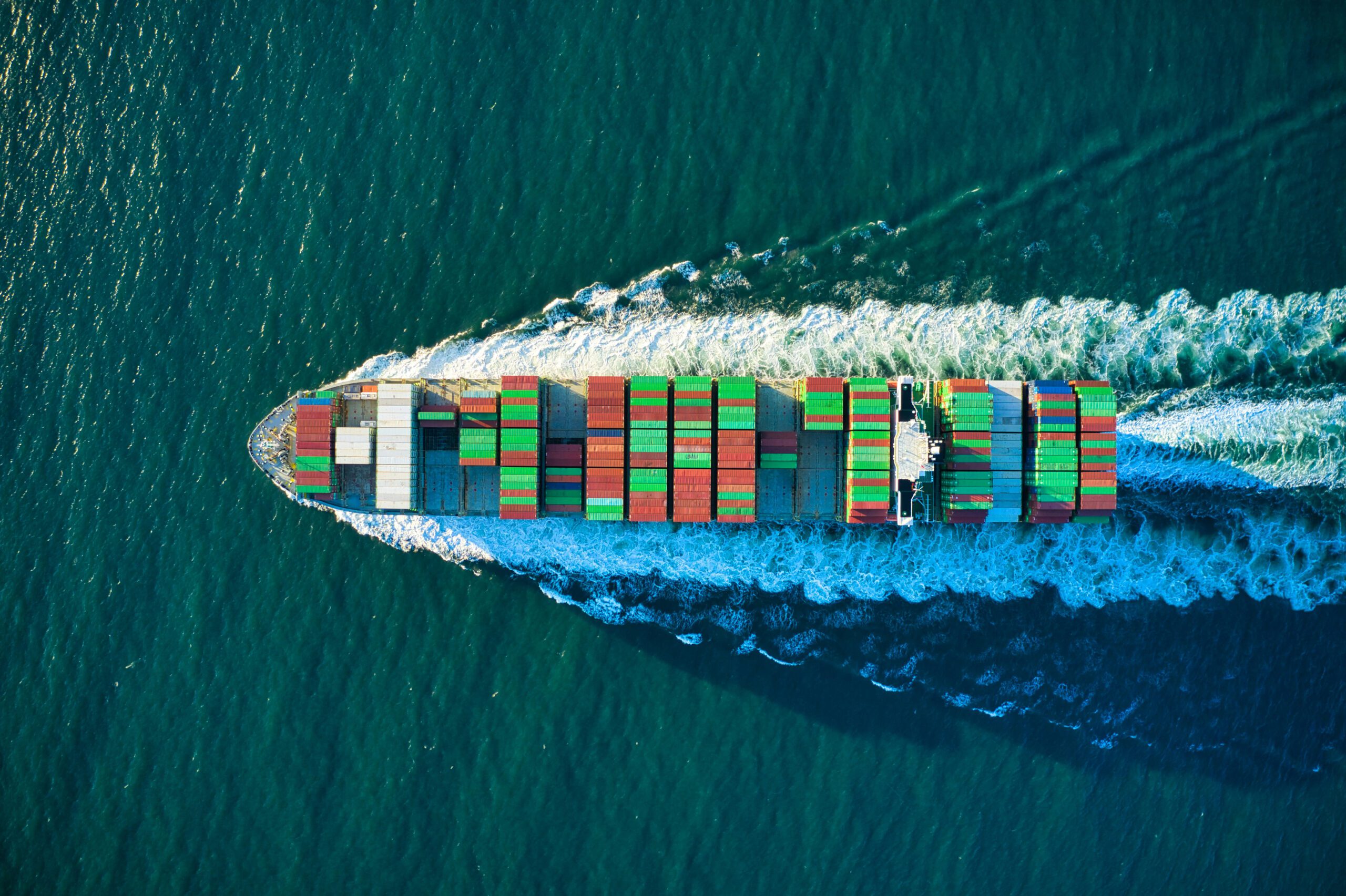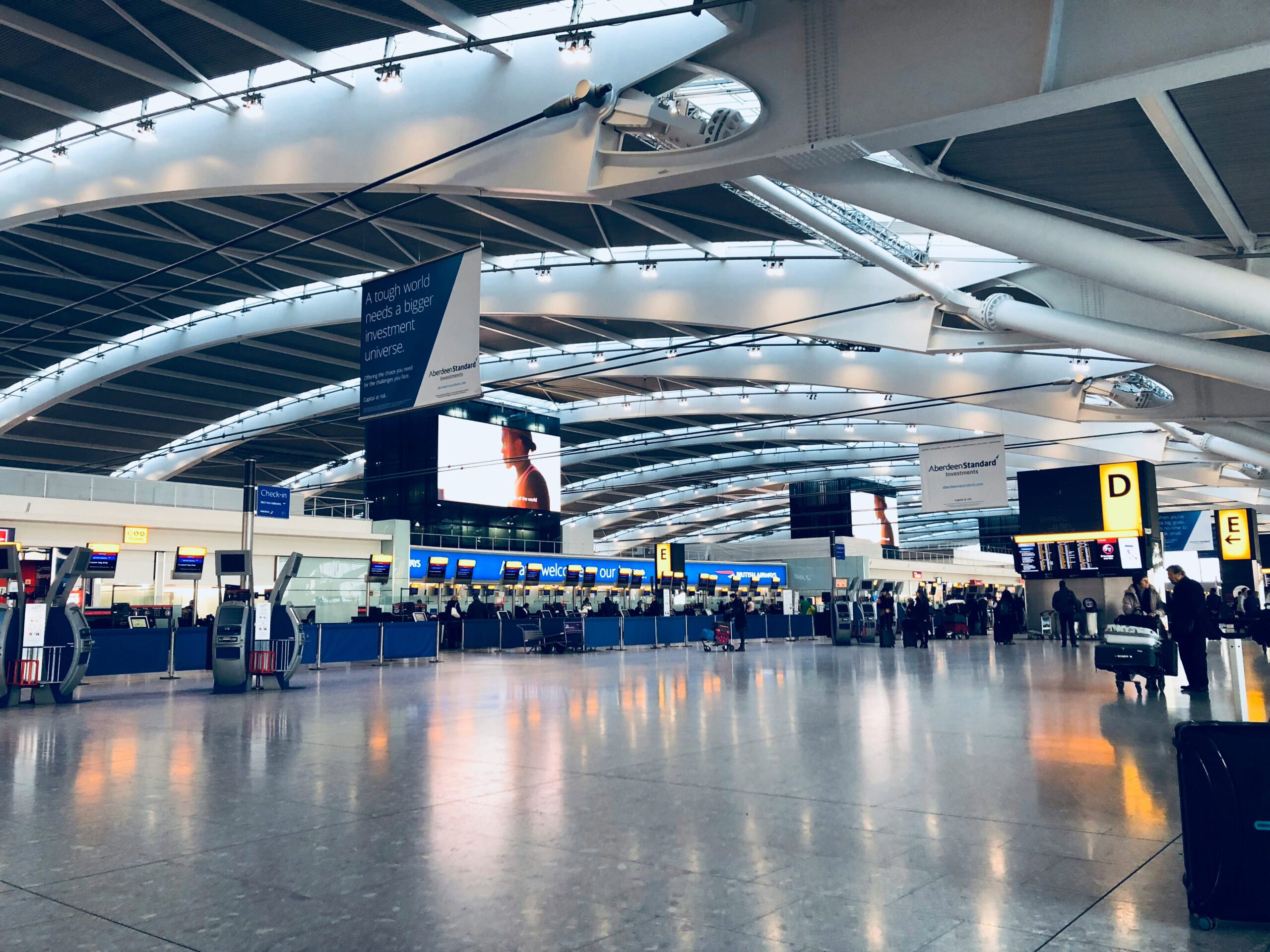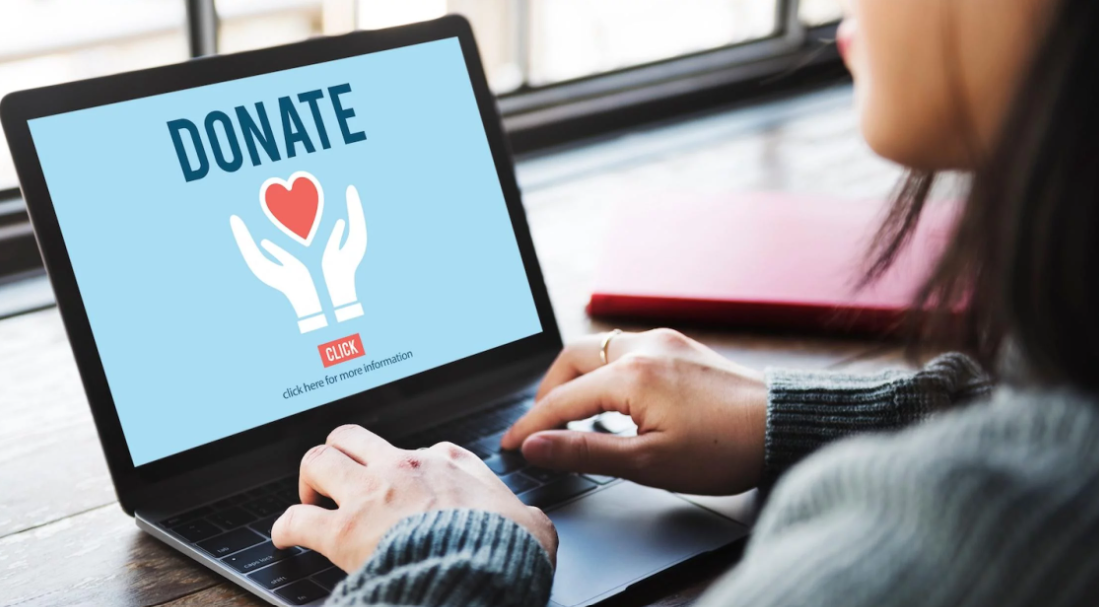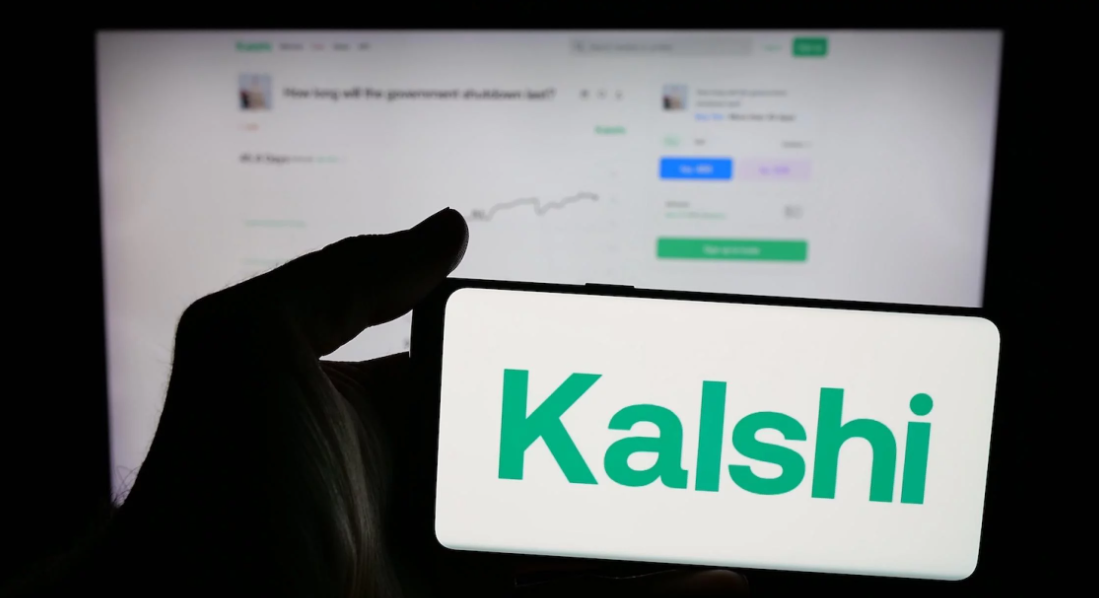When we walked through their yard, Alynur, 12, and Aryyet, 10, welcomed us with a contagious enthusiasm, one that quickly spread some joyful smiles into the joint World Bank and Kyrgyz government team. Not only was water now flowing into their home and school, new modern and safe toilets were there as well. Their grandmother, Gulyai Aliyeva, a retired Russian language and literature teacher, could not hide her satisfaction with the new indoor family toilet, with a sink running with warm water, a warmth she said should be passed to all who made it possible for the water to flow into their village. She no longer had to walk the hard 20-minute journey with her grandchildren in the mountains to fetch water, an exercise that over time, and especially in winter, had become unbearable. Alynur and Aryyet’s family is among the 339 households in Jyluu-Bulak village who are benefiting from the new water supply scheme constructed with financing from the World-Bank funded Sustainable Rural Water Supply and Sanitation Development Project in the Kyrgyz Republic.
The project aims to improve access to and quality of water supply and sanitation services for at least 190,000 people in rural communities and strengthen sector institutions. It is part of a broader World Bank initiative to enable equitable access to both water supply and sanitation, with a particular focus on creating a healthy and safe environment for children to grow and learn. By combining infrastructure investments to increase access to and quality of water supply services at the household level with school water, sanitation, and hygiene (WASH) interventions to ensure access to safe and clean toilets for the pupils and financial incentives for households to invest on toilet improvements, children can receive a full cycle of WASH services throughout their day.
The water supply investments enable reliable (on average above 22 hours of supply) and safe water access to villagers. In Jyluu-Bulak, one of the 71 villages completed so far, the project financed a groundwater-supplied piped network and water connections with digital metering, billing, and payment solutions. The municipal water enterprise benefitted from extensive training on customer engagement, tariff setting, service management, and a start-up operation and maintenance package to minimize service disruptions.
The school WASH interventions under the project combine indoor toilet construction or upgrades with installation of handwashing sinks and hot water boilers, benefitting more than 38,000 pupils. These toilets replace outdoor, mostly nonoperational toilets that were affecting attendance. For Koripbek Osmonov, Director of the Omur Batyr Secondary School in Jyluu-Bulak, the toilet improvements brought new life to the school’s 312 pupils, for whom harsh winters will no longer mean avoiding the school toilet, or sometimes, especially for girls, avoiding school altogether. The project also financed WASH trainings for all 30 teachers and all schoolchildren and supported setting up a WASH club involving pupils and parents to promote improved behavior through WASH-related events such as World Water Day, Global Handwashing Day, and World Toilet Day.
The results-based incentive provides a matching grant of up to US$600 for household-toilet improvements, covering about 30 percent of the cost. So far, 918 households have benefited from the grants, as well as free trainings on sustainable use and maintenance. The implementation of household sanitation improvements also benefits from technical support from the World Bank-administered Global Water Security and Sanitation Partnership on the design of innovative sanitation solutions and delivery mechanisms to scale up access.
Integrated water investments, if rightly packaged, can transform rural communities for generations to come. For Alynur and Aryyet, water brought in a chain of positive changes that will transform their lives. An indoor toilet at home and at school is more than a convenience—the cleaner and safer water supply will help prevent contamination and waterborne diseases, which will help them grow healthier. Like them, there are billions of children whose future can be brightened simply by providing clean water. Their story and experience make us believe that universal and sustainable access is achievable. This is a path we are now pursuing in the Kyrgyz Republic through the Water and Sanitation Universal Access Program, together with the government and other development partners.
Source : World Bank







































































